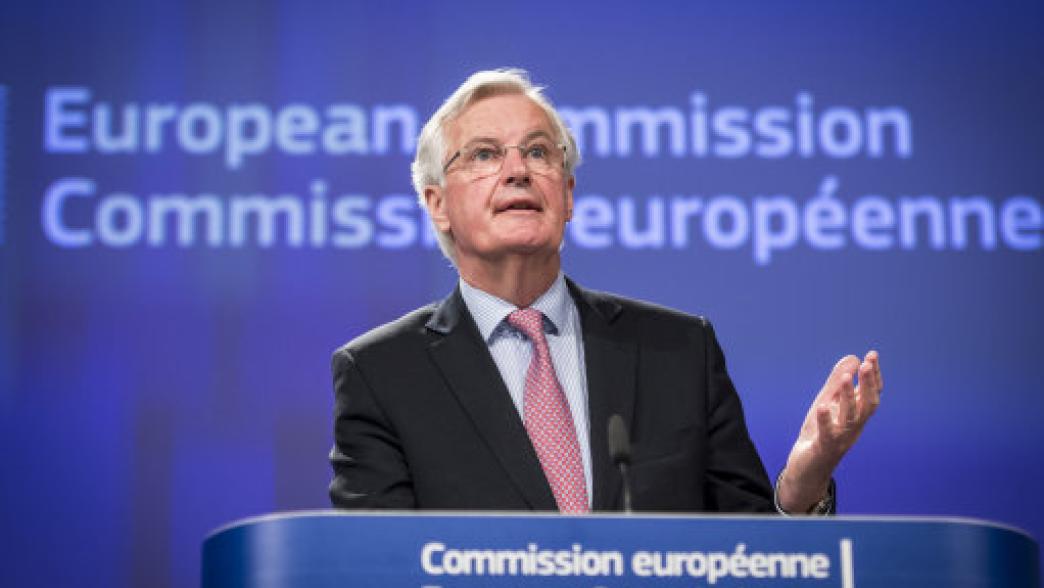Comment
In Brexit, transparency is a tool – and Europe is using it

The UK’s current approach to secrecy in the Brexit negotiations is especially counterproductive in the face of increasing EU transparency, says Oliver Ilott.